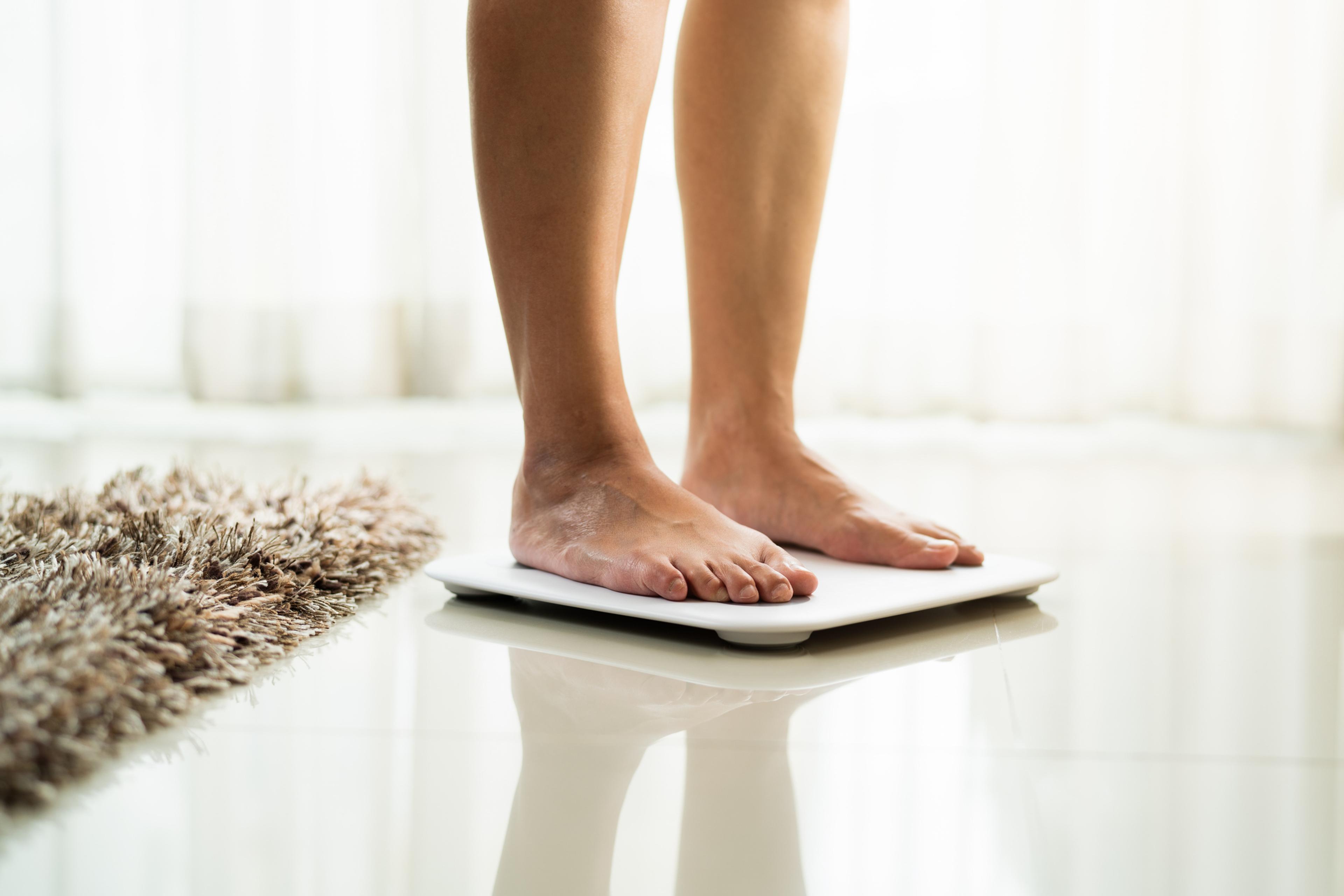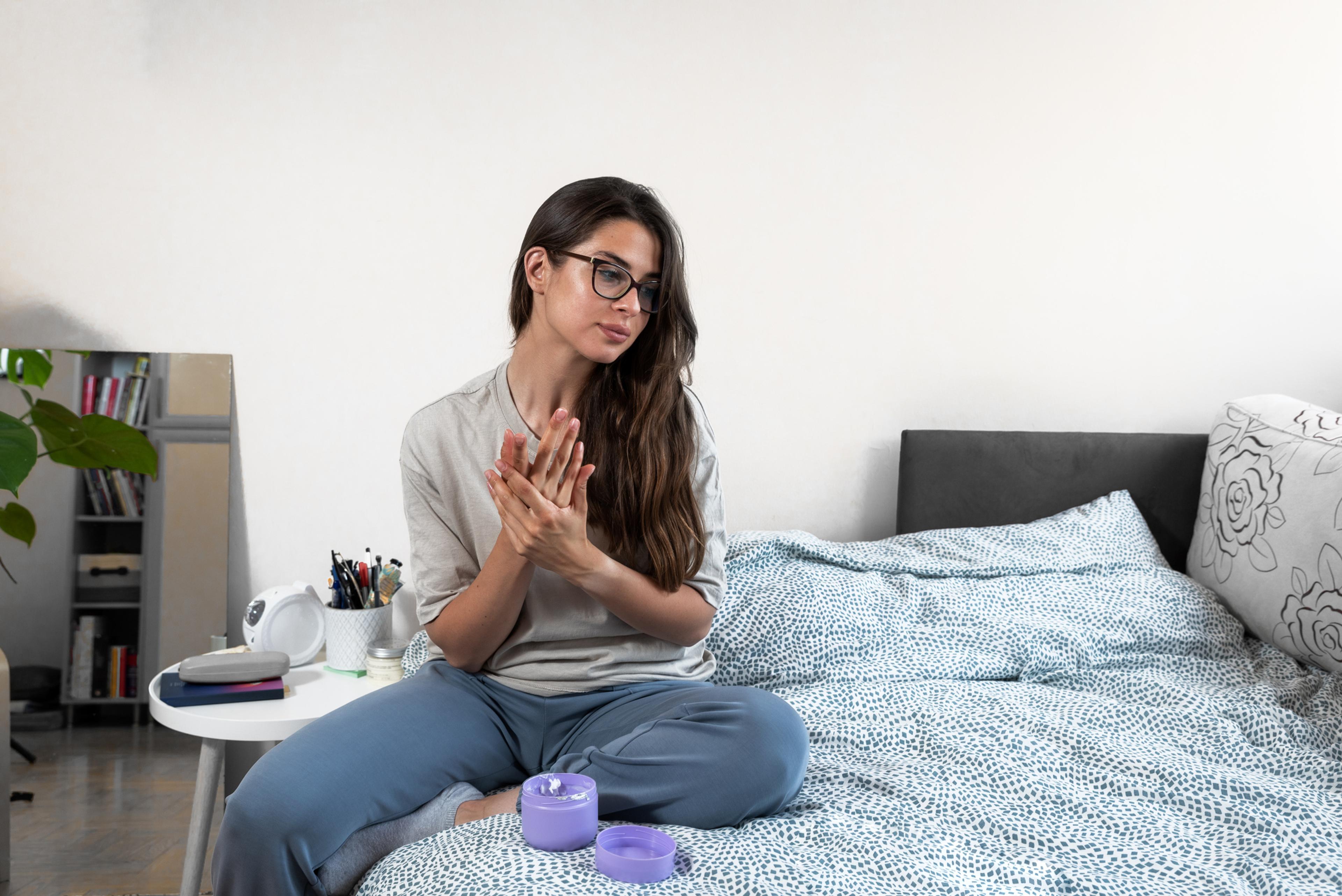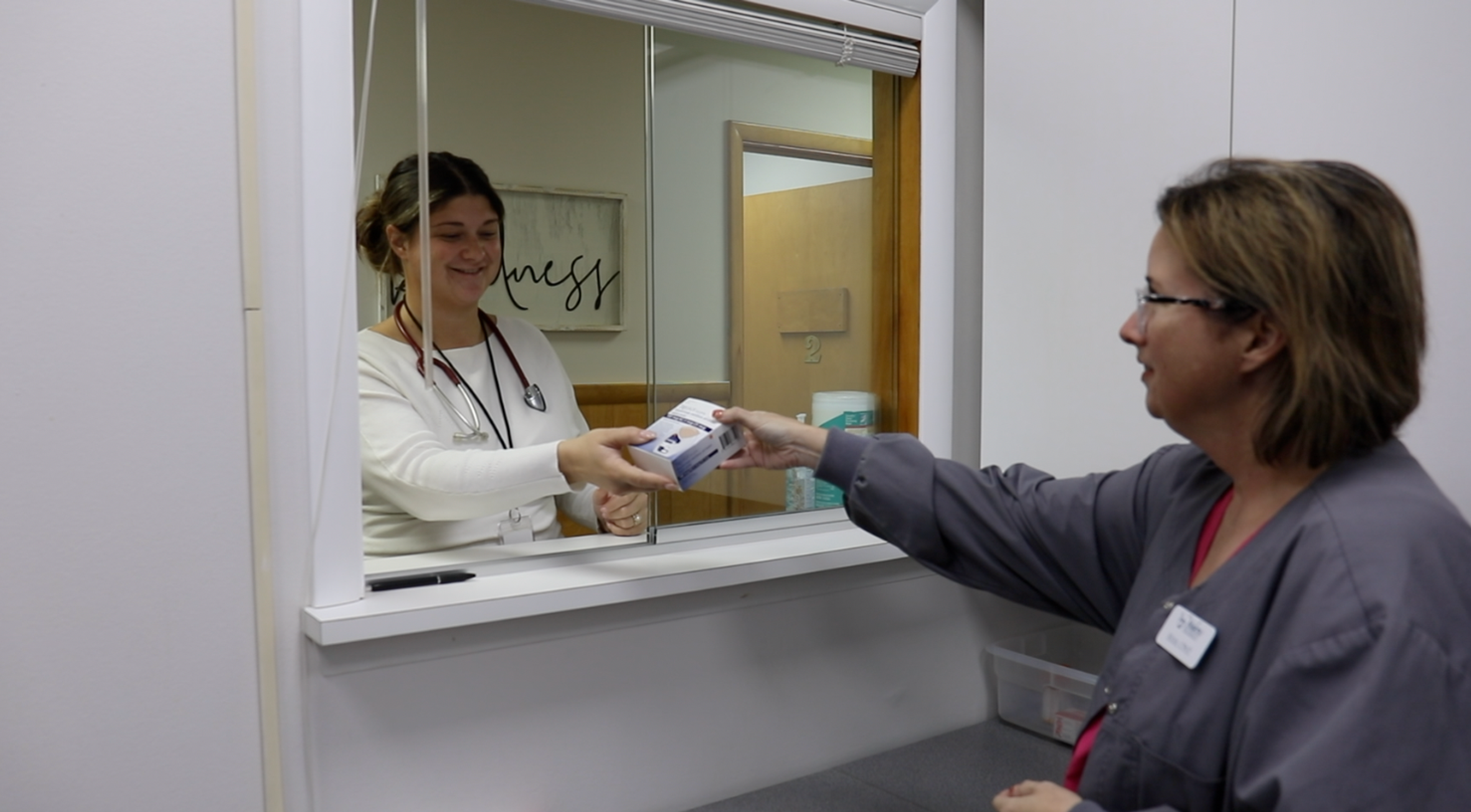When is the Best Time to Weigh Yourself? & Other Things to Know
Blue Daily
| 3 min read

Whether you are trying to lose or gain weight or are keeping tabs on your health, there is more to weighing yourself than stepping on the scale. The time of day and consistency of your schedule may affect the accuracy of your weight tracking. Learn when to weigh yourself, how often to weigh yourself and other factors that can affect the accuracy or usefulness of weight tracking:
When and how often to weigh yourself
The most important part of timing is to keep a consistent schedule. Weight can fluctuate throughout the week based on eating and drinking schedules, bathroom schedule, work and school schedule and exercise routines. Weighing yourself at a consistent time and day each week can give a more accurate record of weight changes over time.
If your goal is to lose weight, daily weight tracking can help achieve that goal, according to a study from the American Heart Association. However, if you aren’t actively trying to lose weight. This could add to negative emotions. Other tips for tracking your weight:
Don’t change eating or drinking habits leading up to normal weighing times
Don’t cut your food and water intake leading up to your weight check-in or before an appointment at which you will be weighed. Weighing yourself before your breakfast can help to give an accurate reading, but you shouldn’t change your drinking or eating habits to affect a future weight check.
Wear the same or similar clothing
Clothing can affect how much weight a scale will show. If you weigh yourself in your own home, weighing yourself naked will give the most accurate reading. This isn’t always feasible, however, so wear a consistent outfit. Athletic wear is a popular option as it is form-fitting and lightweight.
Use the same scale to weigh yourself
If you own a scale at home and use it regularly, it will help maintain accuracy over time. Make sure the scale is properly set and shows zeroes when it is on without any weight. If you weigh yourself at a gym or medical office, it may not be as accurate because of the differences in scales and amount of wear they get.
Don’t focus on slight fluctuations in weight
Remember meals, drinks and daily changes in schedule can affect weight readings. A couple of pounds here or there are not signs your body is changing. This is why weighing yourself after a bowel movement but before a meal helps maintain accuracy. If you are trying to lose weight, remember your goals aren’t going to be met in a week and obsessing over daily fluctuations will not contribute to a healthy mindset.
If you are trying to lose weight, communicate with your doctor
If weight loss is your goal, talk to your doctor about your goals and efforts. It can help to have a professional set of eyes on your weight and ensure your weight loss is happening at an appropriate and healthy pace.
Image: Getty Images
Related:





